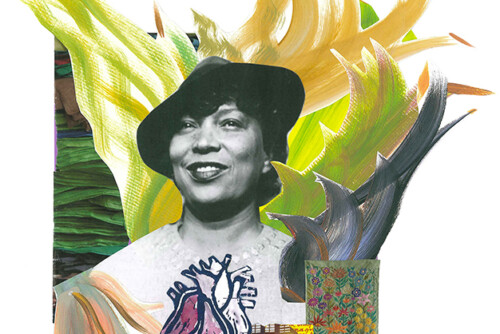Gay people are very much like everyone else. They grow up, fall in love, form families and have children. They mow their lawns, shop for groceries and worry about making ends meet. They want good schools for their children, and security for their families as a whole. […] Denying marriage rights to lesbian and gay couples keeps them in a state of permanent adolescence […] Both legally and socially, married couples are held in greater esteem than unmarried couples because of the commitment they have made in a serious, public, legally enforceable manner. For lesbian and gay couples who wish to make that very same commitment, the very same option must be available. There is no other way for gay people to be fully equal to non gay people. 1
Well, might the abolition of marriage be one other path to full equality of gay and non-gay people? Nonetheless and in the meantime, it is obviously discriminatory to exclude same-sex couples from marriage. But given the demographic reality—the diversity of our actual relationships and households—might de-centering marriage and multiplying options be not just another, but a better path to meaningful equality? 2 Might opposition to the conservative marriage movement’s entire agenda be more effective than trying to mirror their idealizations in order to gain inclusion? Might real separation of church and state require that “marriage” per se become a private or religious matter, while the state offers civil union, domestic partnership, reciprocal beneficiary, and other recognitions to all equally?
These are the questions that led to the formation of the group that produced “Beyond Marriage,” a statement with 250 original signatures from LGBT, queer and allied organizers, scholars, artists, writers, and educators (many more have signed on since the document was released on July 25, 2006). The publication of this document is just the beginning of an effort to widen the agenda of the marriage equality campaign to include a broader set of relationships and the goals of social and economic justice for more of us than marriage, as it exists in current law, can provide. Given the current political impasse—with a few states providing the right to marriage or civil union, with a larger number prohibiting not just same-sex marriage but a range of forms of recognition for “nontraditional” partnerships and households—organizing for democracy and diversity in relationship and household recognition, as well as for an expanded social safety net for us all, might not only be right, but also a practical way to improve the lives of people in a wide range of situations: elder companionate relationships, multigenerational immigrant households, nonconjugal caretaking arrangements, and more. We do not have to settle for marriage. We deserve more.
- Quoted in Lisa Duggan, “Holy Matrimony!”, The Nation March 15, 2004.[↑]
- See Nancy Polikoff, Beyond (Gay and Straight) Marriage: Valuing All Families Under the Law (Boston: Beacon Press, 2008).[↑]



